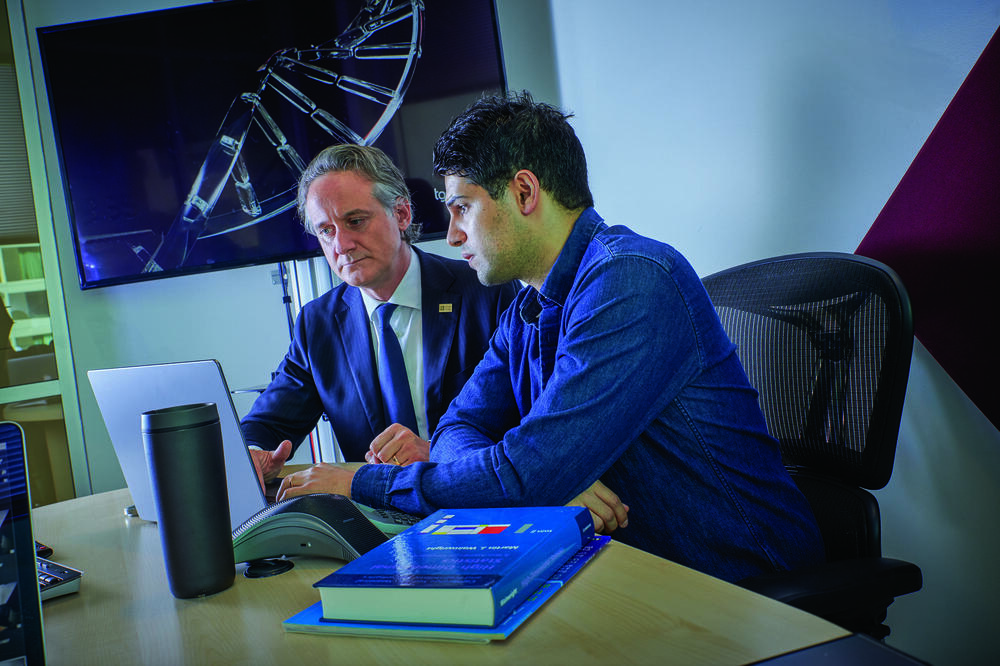Researchers at City of Hope and Translational Genomics Research Institute (TGen) have developed and tested an innovative machine-learning approach that could one day enable the earlier detection of cancer in patients by using smaller blood draws. The study is published in the journal Science Translational Medicine.
“A huge body of evidence shows that cancer caught at later stages kills people. This new technology gets us closer to a world where people will receive a blood test annually to detect cancer earlier when it is more treatable and possibly curable,” said Cristian Tomasetti, Ph.D., corresponding author of the new study and director of City of Hope’s Center for Cancer Prevention and Early Detection.
Tomasetti explained that 99% of people diagnosed with Stage 1 breast cancer will be alive five years later; however, if it is found at Stage 4, when disease has spread to other organs, the five-year survival drops to 31%.
